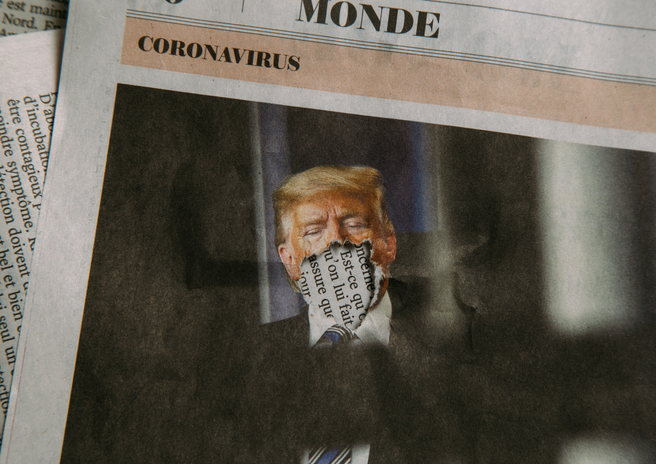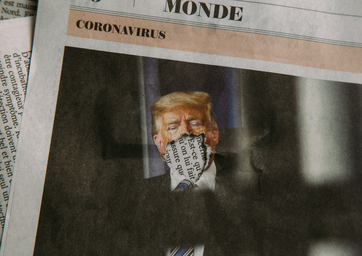As President Trump’s term nears its end, news headlines are becoming filled with the various pardons he is making. He has, so far, issued 27 pardons and commuted the sentences of 11 people.
What exactly is a pardon, you may ask? A presidential pardon is when the president clears the sentencing of a federal crime. This power does not apply to state level crimes.
Pardons and commutations are forms of clemency. The difference between a pardon and commutation is the latter reduces a sentence, entirely or partially, rather than forgiving past crimes.
Typically, the sitting president of the United States will issue several pardons towards the end of their term. There are four pardon powers, which include completely getting rid of the crime, shortening a person’s sentence, letting go of this person’s legal obligations such fines, or postponing the sentence for a period of time.
As President Trump is nearing the end of his term and issuing numerous controversial pardons, some are wondering if he will pardon himself. Although this thought has been circulating since the Russian election interference, the Constitution does not give the president this power.
Another power the president could exercise is a preemptive pardon. This allows a person to be pardoned before their conviction.
There have been talks of President Trump potentially issuing preemptive pardons to his three eldest children, son-in-law, and personal attorney Rudy Giuliani.
Preemptive pardons aren’t common, but have been done in the past. Former President Gerald Ford pardoned Richard Nixon for any potential crimes related to the Watergate and former President Jimmy Carter pardoned thousands of men who circumvented the Vietnam War draft.
A pardon can not be reversed by congress and the courts, but the president can make it happen. For example, former President George W. Bush revoked a pardon he gave to a real estate developer just a day before. It is likely that this was possible because the pardon attorney had not signed off on it yet. There is no clear answer as to when a pardon is no longer reversible.
Who are some of Trump’s noteworthy pardons so far?
Roger Stone, longtime friend of the president, was pardoned after being convicted of witness tampering and lying to congress.
Former national security advisor Michael Flynn was pardoned, which clears him of issues regarding the Russia investigation. Flynn has close contacts with Russia and was involved in the Mueller investigation.
Charles Kushner, the father of Trump’s son-in-law, has been granted a pardon which clears his tax evasion, lying to the Federal Election Commission, and retaliating against a witness.
After gaining attention on social media from Kim Kardashian West’s pleas, Alice Marie Johnson was pardoned in 2018. Johnson’s first-time, nonviolent offense landed her life in prison, but after 21 years, the pardon granted her freedom.
Many pardons are connected to the infamous Russia investigation which explored the interference of Russia in the 2016 presidential election.
Trump is likely to make more pardons in the final days of his presidency.
Sources:
https://www.cnn.com/2020/12/05/politics/trump-pardons-commutations-list/index.html



